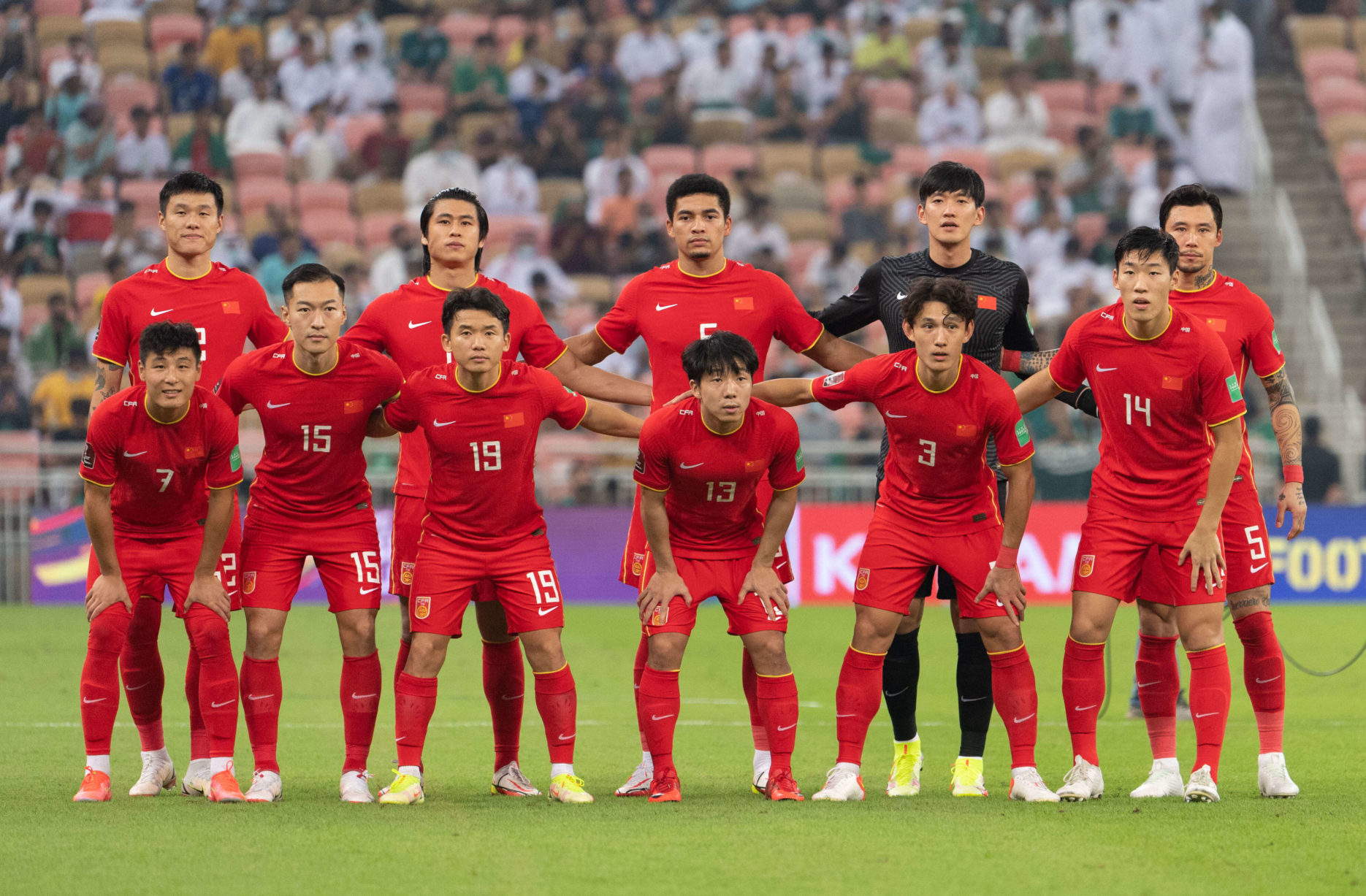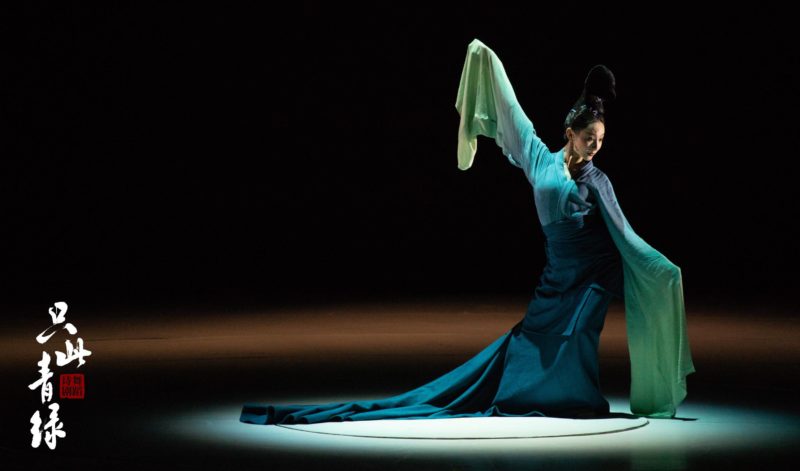On 1 February, the Chinese men’s football team lost 1-3 to Vietnam, ending its journey to the FIFA World Cup in a humiliating way, as the Chinese team had never lost to Vietnam before. This game happened on the first day of the Chinese New Year, when the entire nation was on holiday with the failure causing unprecedented social media splash. “Why the Chinese football team always loses” became a hot hashtag on Weibo (Chinese version of Twitter) and the relevant posts have received over 350 million views within two days.
While Japan and South Korea have many times made their way to the final round of the World Cup, the best record for the Chinese men’s football has been qualifying just once. As a national football team, do they really represent the highest level of Chinese football, and why is the record so bad?
The game with Vietnam sparked heated discussion online, with some football fans thinking that, admittedly, the pandemic was part of the reason. Due to tough COVID restrictions, only a few Chinese fans were present, and the travel rules made the journey uneasy for the athletes, who were also worried about getting infected during the game. However, the most criticised part lies inside the operating system, something that is essential for a well running and top-level national team.
Government officials directly manage the Chinese football team at the General Administration of Sport of China. As laymen, they often resort to money, trying to achieve something during the term of office. As a result, those officials squander massive amounts of money hiring famous athletes and coaches while giving little attention to developing young players, something that is essential for football growth within any nation.
So, the financial crisis faced by major real estate sponsors like Evergrande put a question mark on the future of foreign aid. By then, no one else could help the team but themselves. Strong financial backing is a necessity in the modern game to shape and improve youth development.
President Xi proposed to build China into a sports power by 2035. As part of that effort, the Chinese Football Association officially divorced from the government – the State Sports General Administration – intending to grow independently from administrative power. But does this mean that more money will be used for the youngsters and increase the number of football players in China? Will Chinese parents be willing to put their children down to the time-consuming football athlete route? It will take time to tell.
Read more:









